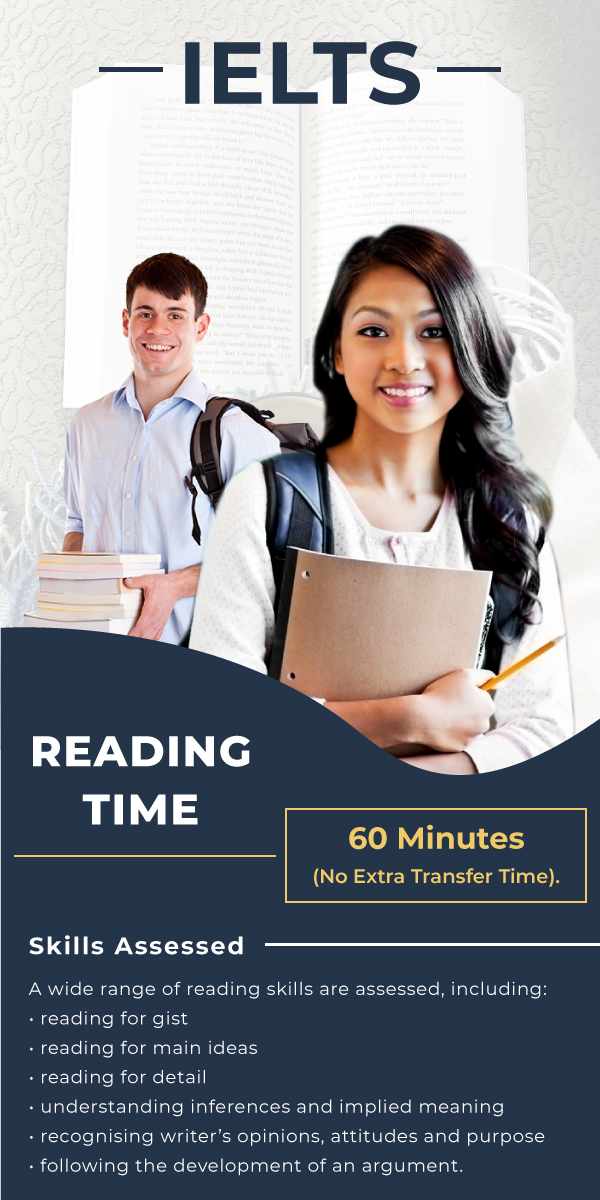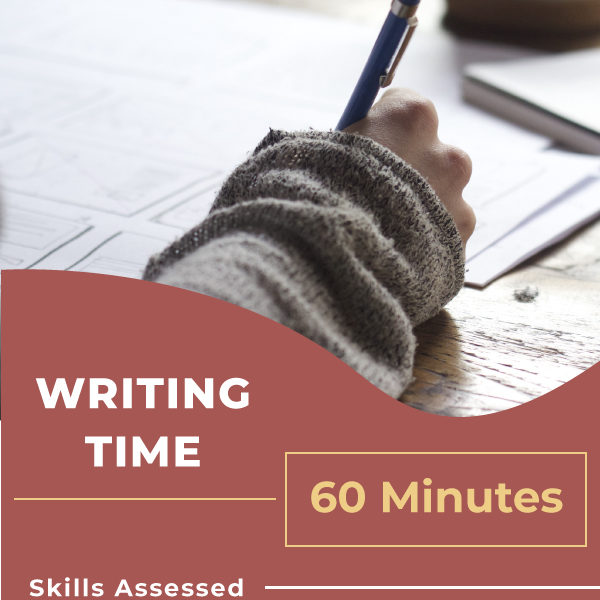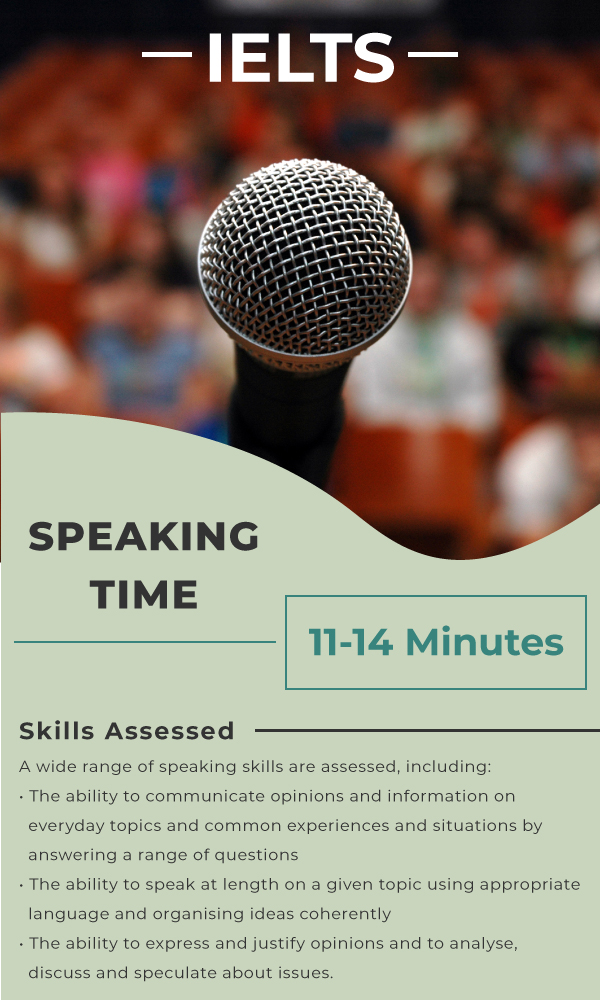Searching For IELTS Coaching near me?
Do you want to High Band Score 9.0 in IELTS Exam? - Join India's Top IELTS Institute in Ambala
IELTS is jointly owned by British Council, IDP: IELTS Australia and Cambridge Assessment English.
IELTS- Pen & Paper Test / Computer Based Test
IELTS – Academic
IELTS – General Training
IELTS – UKVI – IELTS Life Skills – B1
– IELTS Life Skills – A1
OUR IELTS RESULTS
Aarti Akash Kalra Arshdeep Singh Babandeep Singh Chatinaya Sagar Gini Thakur Japneet Kaur Japvir Singh Kamal Chauhan Kamalpreet Kaur Kirti Rana Manpreet Kaur Paras Guglani Prachi Arora Pragya Sharma Praveen Dhingra Ramanpreet Kaur Samridhi Sharma Shabnam Shakshi Sukhpreet Singh Uday Sandhu Vishal Saini

IELTS Introduction
The International English Language Testing System (IELTS) measures the language proficiency of people who want to study or work where English is used as a language of communication. IELTS Test is based on 9 bands system that identifies levels of proficiency, from non-user (band score 1) through to expert (band score 9).
IELTS Academic Or IELTS General Training
Both versions provide a valid and accurate assessment of the four language skills: listening, reading, writing, and speaking.
There Are Two Types Of The IELTS Test: IELTS Academic And IELTS General Training.
IELTS Academic
The IELTS Academic test is for people applying for higher education or professional registration in an English-speaking environment. It reflects some of the features of academic language and assesses whether you are ready to begin studying or training. It is for people applying for higher education or professional registration.
Best IELTS Coaching In Ambala, Best IELTS Institute in Ambala
IndowestAcademy is one of the top Institute & Training centre for IELTS Coaching in Ambala that trains the students to crack the IELTS exam for study and Permanent Residency. Indowestacademy is the only institute with reasonable IELTS coaching fees in Ambala.

The IELTS General Training test is for those who are going to English-speaking countries for secondary education, work experience or training programs. It is also a requirement for migration to Australia, Canada, New Zealand and the UK. The test focuses on basic survival skills in broad social and workplace contexts.
IELTS LIFE SKILLS
If you are applying for a ‘family of a settled person visa, for indefinite leave to remain in the UK or applying for citizenship, IELTS life skills is the test for you. An IELTS life skill is a new test, approved by UKVI as a Secure English Language Test (SELT).IELTS Life Skills –B1 :
This test is for those who need to prove their English Speaking and listening skills as part of their application to UK Visas and Immigration for indefinite leave to remain or citizenship.
IELTS Life Skills- A1 : This test is for those who need to prove their English speaking and listening skills as part of their application to UK Visas and Immigration for ‘family of a settled person’ visas.
The Listening, Reading, and Writing tests must be completed on the same day. The order in which these tests are taken may vary. There are no breaks between these three tests. The Speaking test may be taken up to seven days before or after the other three tests.To know more about IELTS Test preparation visit Indowestacademy the best IELTS Institute in Ambala city and one of the best ielts coaching centre in ambala cantt
The Four Components Of The IELTS Test
Timing
Approximately 30 minutes (plus 10 minutes’ transfer time).Questions
There are 40 questions. A variety of question types are used, chosen from the following: multiple choice, matching, plan/ map/diagram labeling, form completion, note completion, table completion, flow-chart completion, summary completion, sentence completion, short-answer questions.Test Parts
There are 4 sections:
Section 1 is a conversation between two people set in an everyday social context (e.g. a conversation in an accommodation agency).
Section 2 is a monologue set in an everyday social context (e.g. a speech about local facilities or a talk about the arrangements for meals during a conference).Section 3 is a conversation between up to four people
set in an educational or training context (e.g. a university tutor and a student discussing an assignment, or a group of students planning a research project).Section 4 is a monologue on an academic subject
(e.g. a university lecture).Each section is heard once only. A variety of voices and native-speaker accents are used.

Skills assessed
A wide range of listening skills are assessed, including:
• understanding of main ideas
• understanding of specific factual information
• recognising opinions, attitudes and purpose of a speaker
• following the development of an argument.
Marking
Each correct answer receives 1 mark. Scores out
of 40 are converted to the IELTS 9-band scale.

READING
Timing
60 minutes (no extra transfer time).
Questions
There are 40 questions. A variety of question types are used, chosen from the following: multiple choice, identifying information (True/False/Not Given), identifying a writer’s views/claims (Yes/No/Not Given), matching information, matching headings, matching features, matching sentence endings, sentence completion, summary completion,
note completion, table completion, flow-chart completion, diagram label completion, short-answer questions.
There are 3 sections. The total text length is 2,150-2,750 words.
Academic Reading
Each section contains one long text. Texts are authentic and are taken from books, journals, magazines and newspapers. They have been written for a non-specialist audience and are on academic topics of general interest. Texts are appropriate to, and accessible to, test takers entering undergraduate or postgraduate courses or seeking professional registration. Texts range from descriptive and factual to discursive and analytical. Texts may contain non-verbal materials such as diagrams, graphs or illustrations. If texts contain technical terms, then a simple glossary is provided.
General Training Reading
Section 1 contains two or three short factual texts, one of which may be composite (consisting of 6-8 short texts related by topic, e.g. hotel advertisements). Topics are relevant to everyday life in an English-speaking country.
Section 2 contains two short factual texts focusing on work-related issues (e.g. applying for jobs, company policies, pay and conditions, workplace facilities, staff development, and training).
Section 3 contains one longer, more complex text on a topic of general interest.
Texts are authentic and are taken from notices, advertisements, company handbooks, official documents, books, magazines
and newspapers.
Skills assessed
A wide range of reading skills are assessed, including:
• reading for gist
• reading for main ideas
• reading for detail
• understanding inferences and implied meaning
• recognising writer’s opinions, attitudes and purpose
• following the development of an argument.
Marking
Each correct answer receives 1 mark. Scores out
of 40 are converted to the IELTS 9-band scale. Scores are reported in whole and half bands.
Writing
Timing
60 minutes
Tasks
There are 2 tasks. You are required to write at least
150 words for Task 1 and at least 250 words for Task 2.
Test Parts
There are 2 parts.
Academic Writing
In Task 1, you have to explain some graphs, table, chart, or diagram in your own words by picking some information from pictures. According to the question asked candidates need to describe and explain data how something works or describe an object or event.
In Task 2, candidates are asked to write an essay in response to a point of view, favor, or problem.
Essays topics are based on general interests, that are suitable and easily understood by test takers entering various undergraduate or postgraduate courses or seeking professional registration. Responses to Task 1 and Task 2 should be written in an academic, semi-formal/neutral style.
.
IELTS General Training Writing
In Task 1, you are presented with a situation and are asked to write a letter requesting information or explaining the situation. The letter may be personal or semi-formal/neutral in style.
In Task 2, you are asked to write an essay in response to a point of view, argument or problem. The essay can be slightly more personal in style than the Academic Writing Task 2 essay.
Topics are of general interest.
Skills assessed
In both tasks, you are assessed on your ability to
write a response which is appropriate in terms of:
• content
• the organisation of ideas
• the accuracy and range of vocabulary and grammar.
Marking
You are assessed on your performance on each task
by certificated IELTS examiners according to the IELTS
Writing test assessment criteria (Task Achievement/Response, Coherence and Cohesion, Lexical Resource, Grammatical Range and Accuracy). The public version of the assessment criteria can be found at ielts.org/criteria.
Task 2 contributes twice as much as Task 1 to the Writing score.
Scores are reported in whole and


Speaking
Timing
11-14 minutes
Test Parts
There are 3 parts.
Part 1 Introduction and interview (4-5 minutes)
The examiner introduces him/herself and asks you to introduce yourself and confirm your identity. The Interviewer asks you general questions on familiar topics, e.g. home, family, work, studies, and interests.
Part 2 Individual long turn (3-4 minutes)
The examiner gives you a task card that asks you to talk about a particular topic and which includes points you can cover in your talk. You are given 1 minute to prepare your talk, and are given
a pencil and paper to make notes. You talk for 1-2 minutes on the topic. The examiner may then ask you one or two questions on the same topic.
Part 3 Two-way discussion (4-5 minutes)
The examiner asks further questions which are connected
to the topic of Part 2. These questions give you an opportunity to discuss more abstract issues and ideas.
Skills assessed
A wide range of speaking skills are assessed, including:
• the ability to communicate opinions and information on everyday topics and common experiences and situations by answering a range of questions
• the ability to speak at length on a given topic using appropriate language and organising ideas coherently
• the ability to express and justify opinions and to analyse,
discuss and speculate about issues.
Marking
You are assessed on your performance throughout the
test by certificated IELTS examiners according to the IELTS Speaking test assessment criteria (Fluency and Coherence, Lexical Resource, Grammatical Range and Accuracy, Pronunciation). The public version of the assessment criteria can be found at ielts.org/criteria.
Scores are reported in whole and half bands.

Key Features for Indowest IELTS Coaching Centre
Indowestacademy serves for someone who wants to develop their English for IELTS, PTE of for competitive exams. We have the Best IELTS institute in Ambala having motive to resolve all the difficulties that students face. We have highly trained and experience faculty and to check the preparation of students we organize mock tests on regular bases. We have provision of both online and offline classes and we also provide study material.
The faculty teaches latest tips and techniques. The individual attention from teacher helps students to get to know about common grammatical and pronunciation errors.
If you are also searching for Best IELTS Coaching in ambala city, then you are landed at the right page. Currently Indowestacademy has two IELTS institute in haryana. The Head office IELTS institute in ambala city the address is as follows 1179, 9B, Amrit Nagar, Above Lal Path Labs, Near Punjab National Bank, Model Town, Ambala City-134003, Haryana
Branch Office: 5361/1, Cross Road No 1, Above IDBI Bank, Nicholson Road, Ambala Cantt-133001, Haryana Our IELTS Coaching institute in Ambala Cantt. Now we are also conducting IELTS Online Coaching.
#ieltscoachinginambala, #ieltscoachinginmullana#bestieltscoachinginstituteinsaha #bestieltscoachinginbaknour #ieltscoachinginstituteinjalbera #ieltscoachinginrajpura #ietscoachinginyamunanagar

